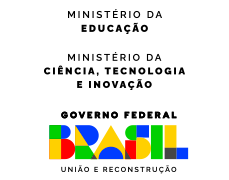Algebra
Research in Algebra at IMPA has been conducted in the following areas:
Commutative Algebra
Algebraic Geometry
Number Theory
Representation Theory
Algebraic Geometry studies the classification, the intersection properties and the singularities of sets defined by polynomial equations in several variables. Classically it had its origin in the study of curves and surfaces defined by these equations. In this respect it has many connections with the study of analytical and differential manifolds. Many of its methods are typically those of Algebraic Topology and of certain sub-areas of Analysis. In its local aspect, it can be expressed in the language of Commutative Algebra; in the global aspect, it has made use of cohomological methods, which have influenced other areas of Mathematics.
Number Theory had its initial impulse in the search for integer and rational solutions of equations with integral coefficients (diophantine equations). It has led to the study, among others, of finite algebraic extensions of the field of rational numbers and the arithmetic study of algebraic manifolds.
Efforts made to solve abstractly certain problems that had origin in Algebraic Geometry and in the Theory of Algebraic Numbers gave rise to Commutative Algebra, whose main objectives are the classification of commutative rings and the determination of their structures according to geometric, arithmetic and algebraic properties.
The results attained from these fundamental research topics have been broadly used, for example, in the fields of cryptography and error-correction codes.
Representation Theory studies algebraic structures by representing them as symmetries in linear spaces. Many physical or natural systems are invariant under certain abstract groups of symmetries; representation theory aims at describing these symmetries in a concrete manner as linear transformations of vector spaces. Its power resides in that it reduces many problems of abstract algebra to the much simpler linear algebra. As such, it has wide applications to many other branches of mathematics and other sciences, from Fourier Analisis and geometry, to number theory and automorphic forms via the Langlands program.


